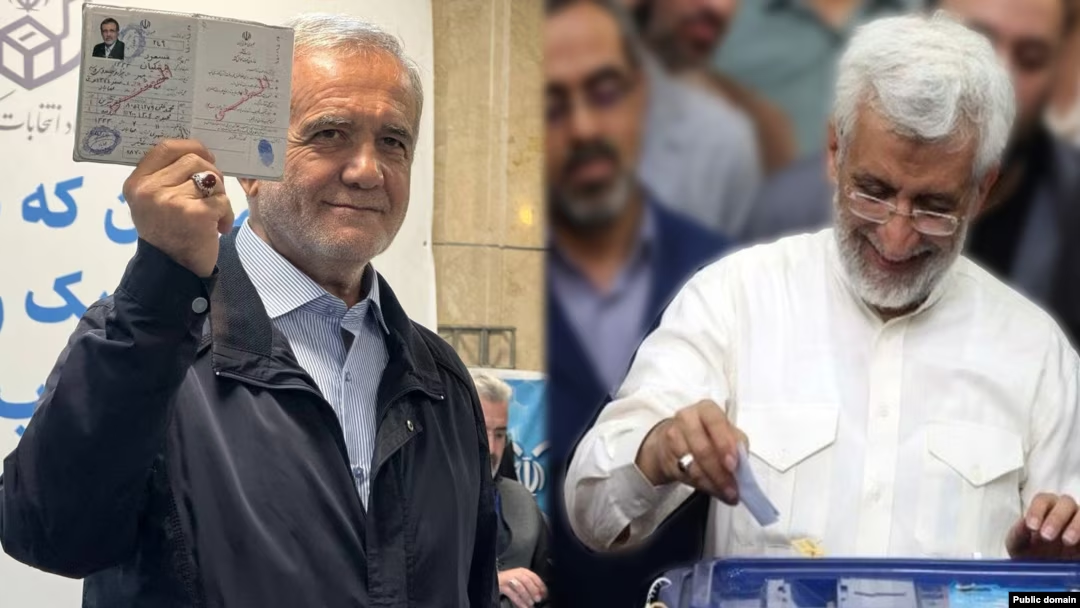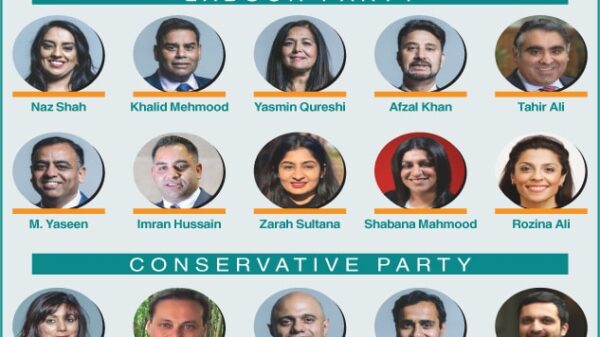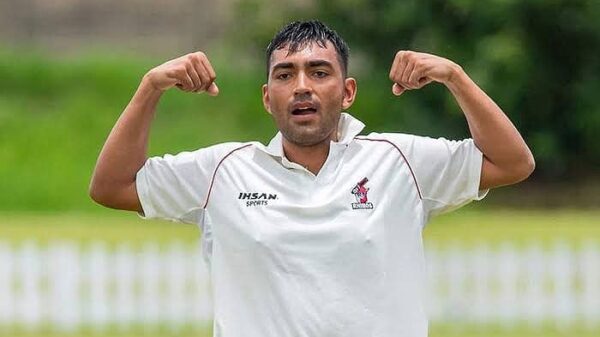Iran’s Presidential Runoff Polls
TEHRAN: In the runoff of Iran’s snap presidential elections on June 28, Mohammad Pezeshkian garnered 10.41 million votes, while conservative contender Jalil Jalili secured 9.47 million votes.
Despite their strong showings, neither candidate managed to secure a majority, necessitating a runoff between the two frontrunners.
During televised debates held on consecutive days, Pezeshkian and Jalili discussed various economic and policy issues facing Iran. Both candidates emphasized the need to address economic challenges but differed significantly on their approaches to achieve these goals.
Pezeshkian advocated for full implementation of the Financial Action Task Force (FATF) recommendations and called for policies aimed at lifting Western sanctions imposed on Iran.
In contrast, Jalili proposed diversifying Iran’s economic activities beyond dependence on Western countries, suggesting a strategy to make the U.S. regret its sanctions against Iran.
Their economic policies at home also diverged. Pezeshkian supported a laissez-faire approach, advocating for less government interference and greater room for the private sector to flourish. On the other hand, Jalili favored a more state-controlled economy, emphasizing centralized economic planning.
Another point of contention was achieving an ambitious eight-percent economic growth rate, as outlined in Iran’s economic development plan.
Pezeshkian and Jalili presented contrasting strategies on how to achieve this target, reflecting their broader economic philosophies and priorities for national development.
On election day, Ayatollah Ali Khamenei, the Leader of the Islamic Revolution, cast his vote in the presence of local and foreign journalists.
He expressed satisfaction with the reportedly higher turnout compared to the first round of voting, which had seen a turnout of about 40 percent.
Khamenei highlighted the importance of public enthusiasm in the electoral process, indicating a positive response from the electorate in the runoff elections.
The runoff between Pezeshkian and Jalili not only underscores their contrasting visions for Iran’s future economic policies but also reflects broader debates within Iranian society regarding economic development, international relations, and governance.
The outcome of this runoff is poised to shape Iran’s trajectory in the coming years, influencing both domestic policies and its stance on the global stage.
I am a dynamic professional, specializing in Peace and Conflict Studies, Conflict Management and Resolution, and International Relations. My expertise is particularly focused on South Asian Conflicts and the intricacies of the Indian Ocean and Asia Pacific Politics. With my skills as a Content Writer, I serve as a bridge between academia and the public, translating complex global issues into accessible narratives. My passion for fostering understanding and cooperation on the national and international stage drives me to make meaningful contributions to peace and global discourse.










